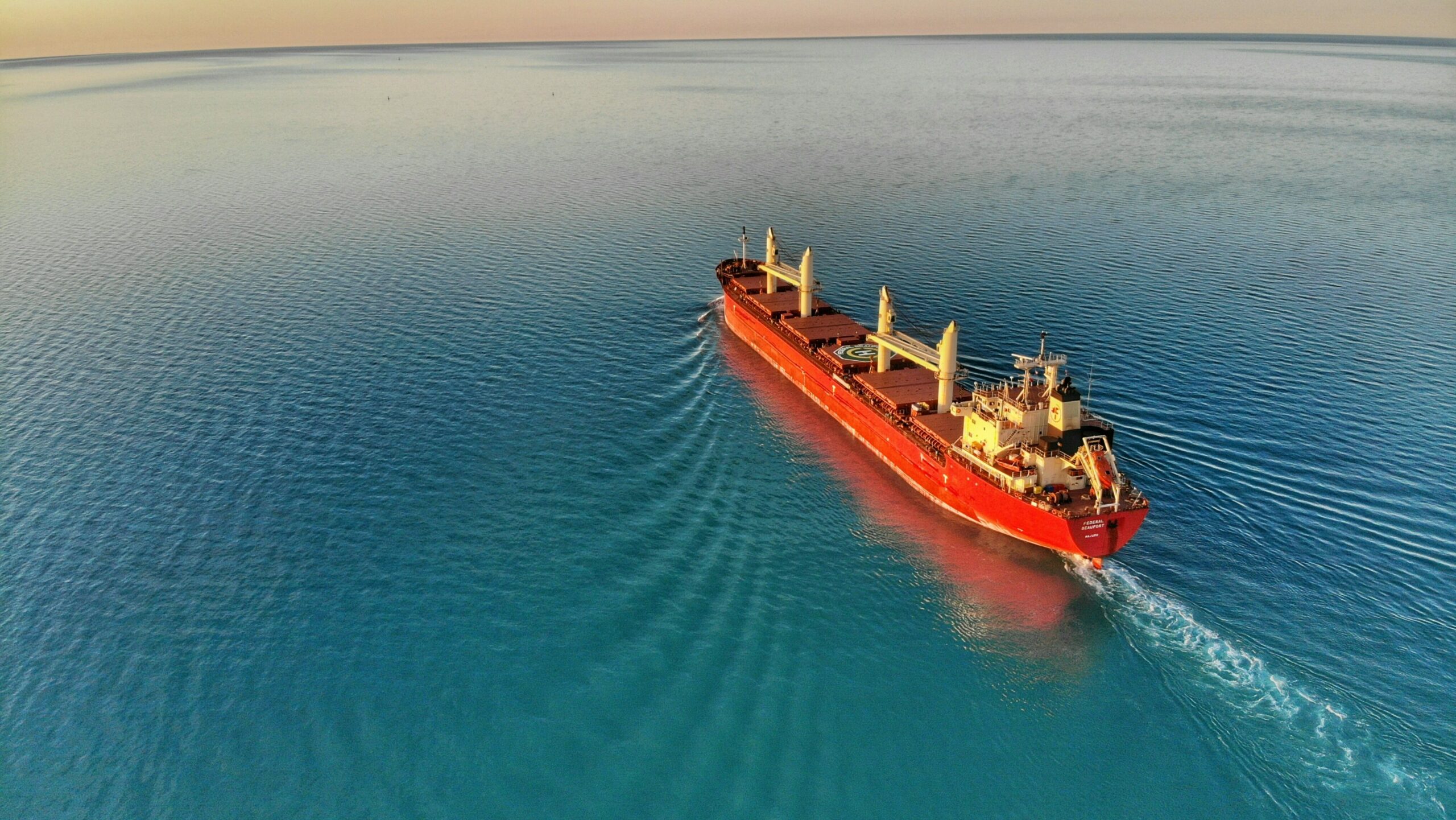The Global Ocean Observing System (GOOS) has officially endorsed the Vessel Recruiting Best Practice, authored by Parks et al. (2025). This Best Practice provides structured guidelines for the extensive network of volunteer ships of opportunity – vessels from the maritime industry and other non-research vessels, that integrate ocean observations into their existing routes, thus helping to reduce costs and enhance data coverage.

Best Practices are standardized methodologies that have consistently yielded superior results across various organizations and disciplines focused on ocean research, operations and applications. The Ocean Best Practices System (OBPS), a project under GOOS and the International Oceanographic Data and Information Exchange (IODE), facilitates the dissemination and archiving of these practices in an open and accessible manner, promoting efficiency, interoperability, data comparability, and overall trust in ocean observations.
By adopting best practices, the ocean observing community ensures that data are interoperable, reusable, reliable and flow consistently into operational systems. “These best practices help foster and protect important relationships between industry and science, promoting good communication, safety, economy, and greater cooperation for successful missions”, says Justine Parks, lead author of the Vessel Recruiting Best Practice.
The newly-endorsed Vessel Recruiting Best Practice will help science and commercial sectors to work together more effectively to transform any sea voyage into a valuable scientific cruise, delivering data to operational systems for ocean and weather forecasts, aiding safety of life and property at sea, efficiency for ship routing and many other applications. The structured guidelines provide comprehensive instructions on recruitment, communication, safety, logistics, and equipment installation, ensuring effective, mutually beneficial collaboration between researchers and vessel operators.
Developed through the combined expertise of the Volunteer Observing Ship (VOS) Scheme and the Ship of Opportunity Program (SOOP) – both GOOS ocean observing networks – this initiative enhances global participation in ocean and meteorological observations. With GOOS’s endorsement, these practices set a new standard for engaging the commercial maritime industry in essential ocean research efforts.
“As the demand for high-quality ocean data escalates, fostering robust partnerships between scientists and the maritime industry becomes increasingly critical. The endorsement of this best practice is a substantial step toward enhancing global ocean monitoring, improving climate predictions, and advancing sustainable marine stewardship”, says Emma Heslop, GOOS Programme Specialist.
For more detailed information, the GOOS-endorsed best practice document is accessible through the Ocean Best Practices System repository at https://doi.org/10.25607/OBP-2029.2.
To join the network and contribute to data collection, contact Justine Parks at jdparks@ucsd.edu
